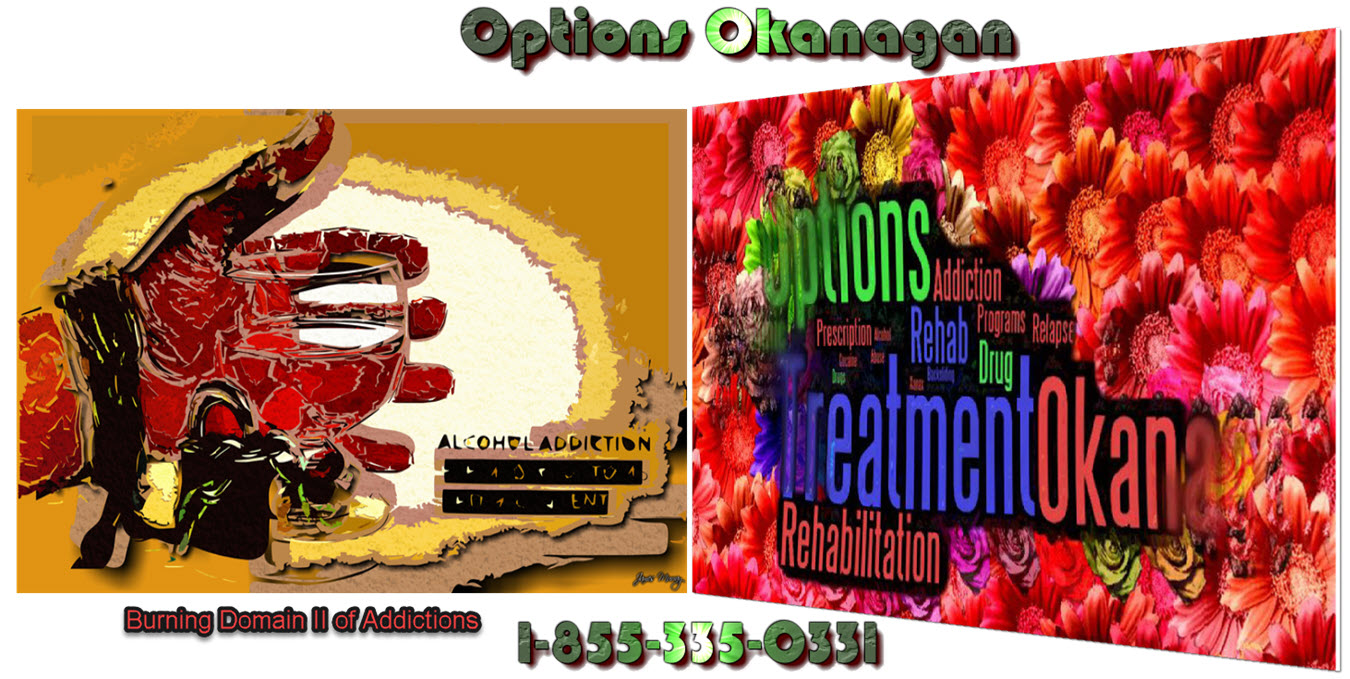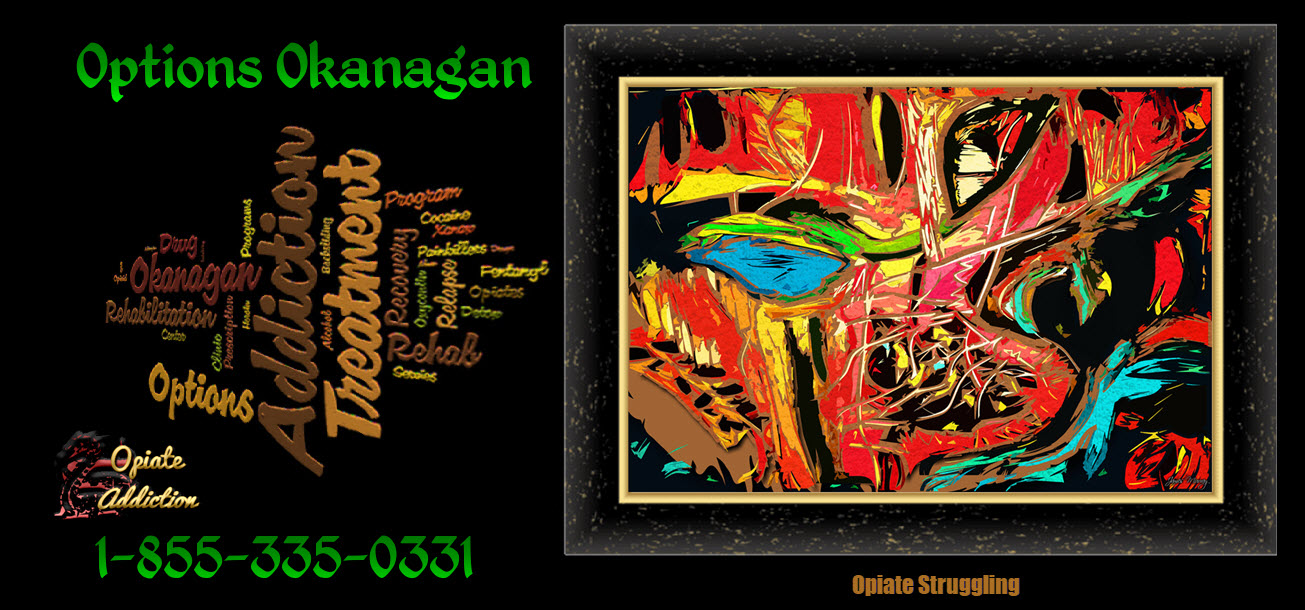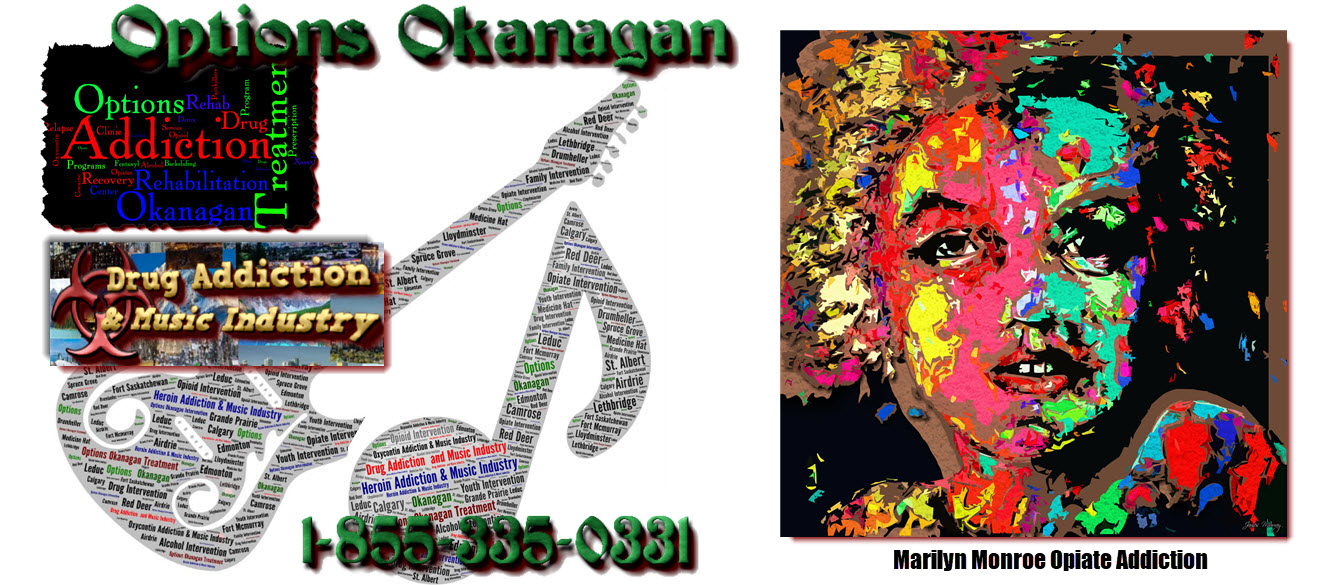Abuse of prescription drugs – Opiate and prescription drug intervention in British Columbia and Alberta – Options Treatment Center in Kelowna, British Columbia treating prescription drug, opiate, fentanyl, heroin and alcohol addiction and recovery.
Prescription Drug Rehabs In Alberta And BC
According to studies and research were done on addiction, just under sixty percent of individuals who recover who are treated for substance use disorders will relapse. The popular belief in society is that these drug relapses occur randomly, but the facts tell a different story. Many environmental factors and of course stressors can affect individuals who have been sober for years. Knowing these many phases of a drug relapse can help individuals predict whether their sobriety is at risk, so they can seek help before a relapse occurs.
a) Rejection or Denial; Before a relapse occurs, a person may have concerns about their own well-being, or others may express concerns about their health. An individual will reject the fear and pretend everything is fine.
b) Avoidance and protective behavior; In this phase, they will be convinced that a return to their old habits is not going to happen. To distract from their situation, a person will start to worry too much about other individuals and become defensive when asked about past or present events. An individual may adopt obsessive habits and continue to make impulsive decisions or take risks. In addition, they often feel lonely, whether they are very isolated or surrounded by many individuals.
c) Building a crisis; In this phase, a person develops tunnel vision and becomes absorbed in one thought or fear (for example, a return to addictive tendencies). This negative thought pattern can develop into mild depression, which affects their ability to make and follow recovery plans.
d) Immobilization; The next phase is characterized by pessimism and indolence. An individual will begin to imagine more promising scenarios, but they will not take steps to make their dreams come true. An individual will think that their problems cannot be solved and they will expect or wish for a happier life to occur.
e) Confusion and overreaction; This phase of relapse can leave a person irritable and hostile even with mild discomfort. An individual will also experience periods of confusion.
f) Mild Depression; Depression will worsen during this phase of relapse. An individual may develop bad eating and irregular sleeping patterns, become more lethargic, and neglect their daily commitments.
g) Loss of behavioral control; Major depression develops into apathy to recover from opiate addiction or alcoholism. An individual may start to skip their NA or AA meetings and counseling sessions and stop worrying about their road to recovery or anything else going on in their life. An individual will openly refuse outside help, they will become dissatisfied with the direction their life is taking, and they will feel helpless or powerless.
h) Realizing the loss of control; A person will focus on negative emotions and this becomes self-pity. To feel better, they start by convincing themselves that moments of drinking at social events or consumption of small amounts of drugs will not have serious consequences. A person will start deliberately lying to themselves and others and lose confidence or self-esteem.
i) Collapse options; Just before a person relapses, they will become too angry and stop the treatment recovery altogether. An individual can feel lonely, angry, unhappy, and stressed. An individual’s behavior will become out of control.
j) Relapse Episode; Any tension reaches a boiling point during the final phase of the relapse, which initiates the use of the substance that started their addiction. After the first use, they will feel ashamed and guilty and they will be convinced that there is no way to help them and that their future is hopeless. An individual loses all control, further damaging their mind and body in the process. Relapses can also interfere with their interpersonal relationships.
An individual may have experienced these emotions and exhibited these behaviors before, but a relapse should not be the end of their story. This is a chapter with solvable conflicts. Instead of focusing on the past, focus on the future and how to minimize the chances of relapse. Seek support from family members, relatives, friends, and any connections they make during treatment.
When a person relapses it does not equal failure, and while there is no cure for addiction today, this disease is highly treatable. Do not let a relapse stop anyone from living their life drug-free.
Options Okanagan Opiate and Alcohol Treatment Centers in Kelowna, Salmon Arm and Vancouver, British Columbia – Men and Women are recovering and healing from Alcohol and Drug Abuse at our treatment center here in the Okanagan right now.
Our unique and distinctive Opiate Drug and Alcohol treatment program allow men and women to come in from Calgary as well as Edmonton as we offer airport pickup.
Numerous clients come to us from Vancouver, Calgary, and Edmonton and other locations in Alberta and even other provinces for Opiate addiction treatment, heroin drug treatment, many other drugs, and alcohol addictions for rehabilitation because of the uniqueness of our treatment center.
Our (Kelowna) Alcohol and Drug Treatment Program Location:
(Not Mailing Address) – Contact Us – Web Page
For Mail Delivery :: Please contact each center for correct mailing addresses, also this location is the location of our residential treatment programs in Kelowna. Please call Toll Free 1-855-335-0331 – to contact the treatment center you are going to for the address and directions.
Options Okanagan Drug and Opiate Treatment Center
551 Sherrydale Crescent, Kelowna, British Columbia, V1V 2E6
Toll-Free Phone Number: 1-855-335-0331




